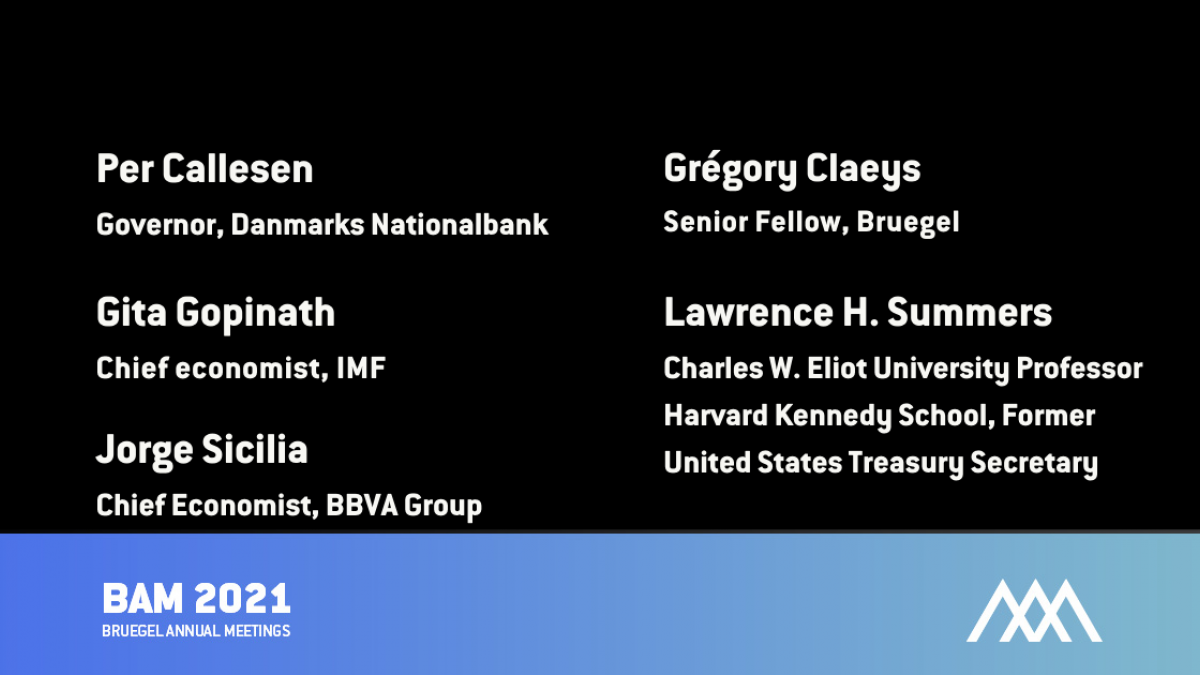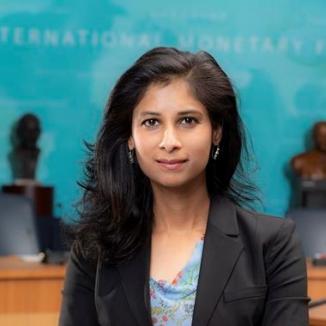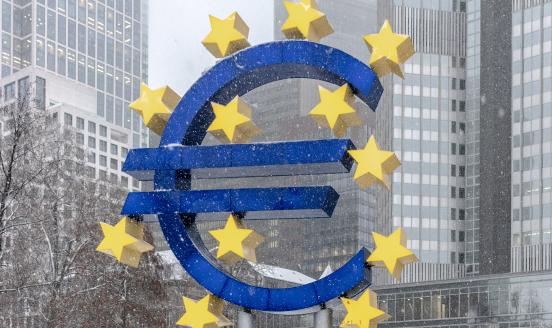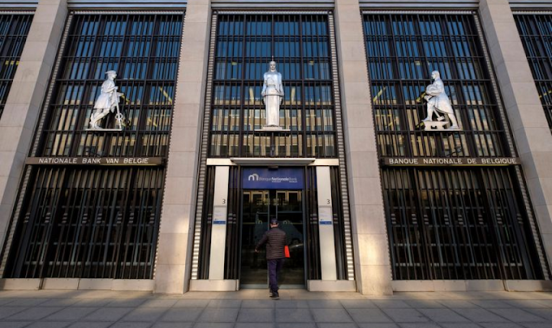Monetary and macroeconomic policies at the crossroads
Bruegel Annual Meetings, Day 2- In this session we would like to discuss monetary and macroeconomic policies after Covid-19.

Speakers
Per Callesen
Governor, Danmarks Nationalbank
Gita Gopinath
Chief Economist, International Monetary Fund
Jorge Sicilia Serrano
Chief Economist, Spain, BBVA Group
Lawrence H. Summers
Charles W. Eliot University Professor, Harvard Kennedy School
Former United States Treasury Secretary,
VIDEO AND AUDIO RECORDINGS
Full agenda:
Summary by Lionel Guetta-Jeanrenaud
In a context of inflation pick-up in both the US and in Europe, Grégory Claeys asked Gita Gopinath, Lawrence Summers, Per Callesen and Jorge Sicilia Serrano whether such a change was temporary or not, what this meant for policymakers, the risk of fiscal dominance and the independence of central banks.
Gita Gopinath kicked off the panel discussion by arguing that the joint fiscal and monetary support that countries have implemented over the past 18 months has been both historic and essential. A substantial share of debt emitted by countries in the EU was acquired by the Central Bank – more than 100% of emitted debt in 2020 for certain countries. She presented GDP projections suggesting that, overall, there will not have been a scarring effect of the pandemic for EU countries. However, this might not be the case for emerging economies. In the context of monetary support and GDP rebound, inflation spiralling out of control is a topic of concern for advanced economies. Long-term inflation expectations have not changed and part of inflation increases can be explained by one-off factors – low prices during the pandemic. She nevertheless noted that policies could be fuelling asset prices such as housing prices.
On the topic of inflation, Larry Summers was significantly more concerned than Gita Gopinath. He noted the gap between output and demand, as the output is depressed because of workers not being able to go back to work. The demand is enhanced by expansionary monetary policies, but has not yet fully emerged and could lead to a spiralling out of control of the debt. In the long run, he argued that for structural reasons, it could be that private propensity to save has increased while the propensity to invest has decreased, explaining low interest rates. Absorbing savings in a fiscally sustainable way is a major challenge for policymakers.
Per Callesen agreed with some of Summers’ remarks, noting that headline numbers are shooting up, resulting in component shortages or labour shortages. All the while, forward-looking expectations remain surprisingly downbeat (salary increase, inflationary expectations, interest rates). He contended that the most likely outcome in the months to come would be high inflation. If that is the case, it is unclear whether or not we are ready to deal with the consequences of increases in interest rates to counter that inflation. Jorge Sicilia Serrano also remarked that, while the overall picture is similar in Europe and the US, it is radically different in terms of timing and policy response (much higher in the US).
Addressing the implications of secular stagnation, Larry Summers noted that such an excess of savings was not necessarily negative. It could provide the opportunity for meeting other needs, given the low cost of putting aside. Jorge Sicilia Serrano agreed that secular stagnation was an important challenge, seeing as low productivity growth was one of the main pre-crisis problems we had. It is still unclear whether the impact of the pandemic will have been to get general purpose technologies to serve work organization and education, or whether such productivity boosts are temporary. Gita Gopinath concluded by noting that such productivity gains threaten to be labour saving, making it an important challenge for decision makers.
Gita Gopinath's slides from the session are available on the IMF's website here.








